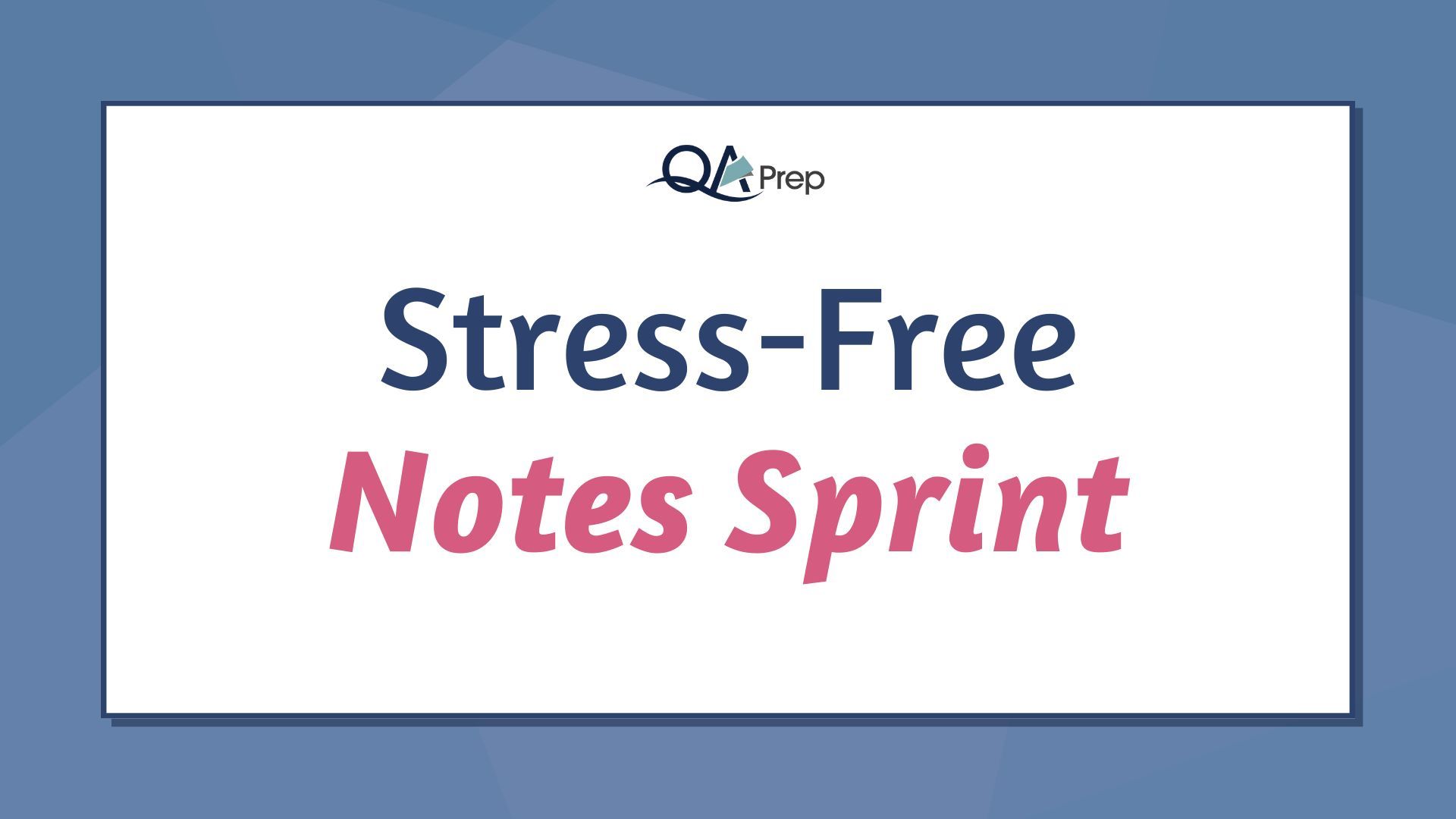The Fear and Loathing of Documentation
Sep 06, 2015
Let's be honest, part of the reason this site even exists is because many counselors have two main feelings related to documentation: fear and loathing. I hope things like the blog and my Crash Course help to lessen some of that but I know it's an ongoing struggle.
But why? I mean, we're talking about people with Master's Degrees and Doctorates here! What in the world is so scary about a little bit of paperwork for someone who wrote a thesis or dissertation?
Many therapists talk about documentation like it's this huge task because they truly feel that way. But they often don't take the time to examine why, and even fewer take the time to do anything about it.
I'm a firm believer in identifying fears as the first step to moving through them. So let's take an honest look at the fears around psychotherapy notes... and some strategies for overcoming these fears.
1. Fear you're not writing your notes the "right way"
This is what I hear from most therapists I talk with. They're in private practice and no one ever looks at their notes. They had minimal training during internship or they were trained in a very specific format geared toward an agency.
The truth is, there's no "right way" to write notes for private practice! As with many things in life, there are guidelines to follow but not specific rules. And I personally think that's a good thing!
You have the freedom to personalize your notes to your clients, to a specific population or your methodology. I recommend creating a structure for yourself by trying out a few different templates and then sticking with what works for you. Don't limit yourself but don't overthink it.
Check out how one therapist did this for her EMDR practice by clicking here.
2. Fear you're not doing good work
Ouch, yes, this a truth bomb. But some counselors are simply scared of other professionals seeing the clinical work they're doing. The fear goes beyond just writing notes "the right way" and in to wondering if they're even providing good clinical care.
In this case, the best solution is getting good clinical consultation. I'm not talking about posting a question to a Facebook group and weeding through 37 responses by clinicians you've never met. I'm talking about a real phone (or live) conversation with a colleague who specializes in the area in which you have questions.
Ask your previous supervisors, classmates or suitemates for consultation or a referral for someone they know. Do some research online. Whatever you do, build a good network of 3-5 colleagues you can call when you have a question, get stuck or just need some encouragement.
Remember, in any questionable case you'll be judged by whether or not you acted ethically based on what your peers perceive. Keeping a pulse on that is crucial. It also serves to continually challenge you as a clinician.
3. Fear your notes will hurt your client
Speaking of ethical situations, another common concern I hear from therapists is that if their notes are ever presented in court those notes will inevitably hurt, rather than help, their client.
First of all, there's some validity to this fear... because it has happened. And I can't guarantee you it will never happen to you. But I can show you how to craft notes so they serve a (meaningful) purpose and minimize risk in all areas.
The key is to make sure your notes tell a story. I like to think of notes as the story of your client's journey in treatment... the abridged version. They don't have to go through every gory detail but they do need to let the reader see a glimpse into the room.
It's a delicate balance of writing enough to show you acted ethically and can jog your memory years down the line if needed while also avoiding a transcript of words that could potentially be twisted later on.
If you're struggling with how to do this, I encourage you to consider signing up for a consultation with me. We can go through your notes together, without judgement and without fear of any retribution.
I strongly believe that most therapists can overcome their documentation fears and make writing notes a meaningful practice. This is my mission with QA Prep- to take something that is meant to be valuable (but often ends up being a chore) and infuse some life into it.

